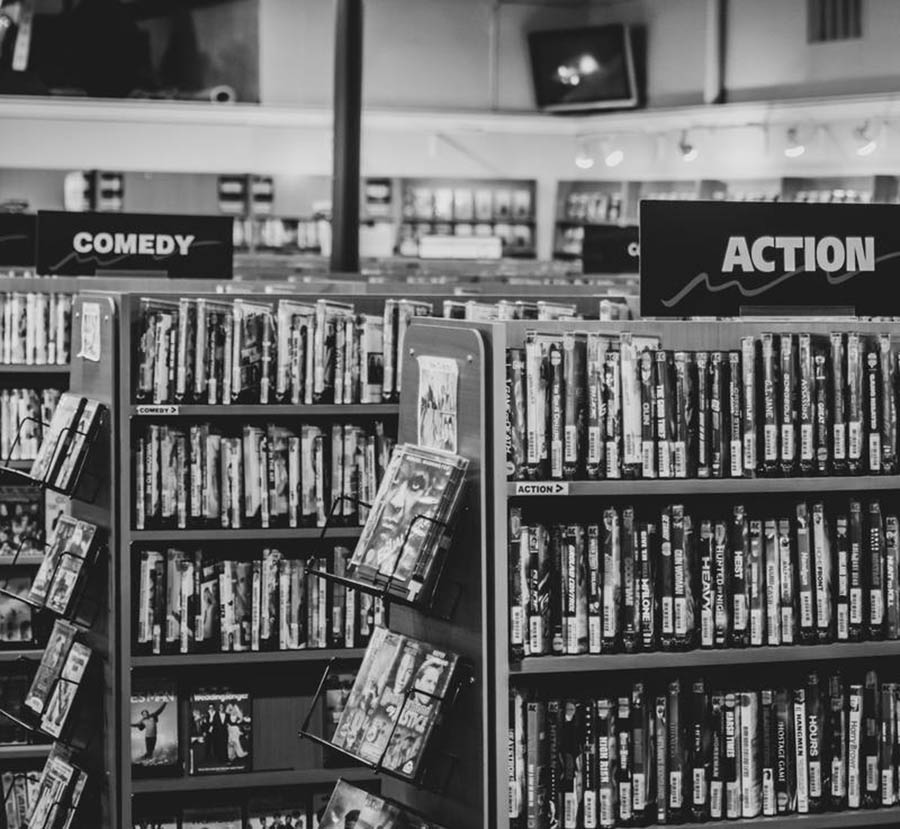It might seem strange to say that even after nearly a decade without video rental shops such as Blockbuster that we’re still living in the age of rental, but if you look around you, you might just start to notice. Society has changed a lot in the last few years, and this may just be one of the most seismic shifts yet.
It’s important to note that whilst you can’t go out directly to your local Blockbusters any more, unless you live in Bend, Oregon, there’s still plenty of alternatives that allow you to relive the experience of choosing what you fancy. These days, the experience has, like a lot of technology, become a digital one. Quite famously, Netflix offered themselves to Blockbuster back in the late nineties as a way of Blockbuster extending their control in the rental market at a price of $50 million. Then CEO of Blockbuster, John Antioco, simply laughed at the idea and Netflix were left to build up on their own.

Netflix, however, represents this shift online for the video rental market. As much as their main service does appear to be streaming, there is still the option from providers such as Amazon’s Prime Video to still offer the ability to rent films, although renting a video file doesn’t offer anywhere near the same experience as taking a chunky VHS box home. In a similar vein, gaming services such as Google Stadia or Xbox Game Pass offer the same on-demand capabilities as the likes of Netflix and Prime Video. These do all obviously come with a cost when it comes to subscription services charging varying monthly fees for access. But you’re not buying a physical item that you can own. There’s nothing tangible. In essence you are renting the experience, and it’s something that will disappear when you stop paying for it. Same with the music world. Gone are the days of shelves with dozens or hundreds of tapes, LPs or CDs. It’s not even MP3 files on a hard drive any more. It’s just ‘in the cloud’ and we pay to rent access to that cloud.

It’s not just in typical entertainment circles such as games, films and music where this shift to online rental has occurred, with traditionally land-based niche sectors such as online casinos seeing a similar shift in recent years. The vast array of online casinos available has led to comparison and offers sites that offer plenty of deals and offers here to make finding the right option that bit easier. This transition online is part and parcel of the digital revolution and something we’ve certainly got used to over the last few years and will continue to become accustomed to.
And of course this move online isn’t just exclusive to digital media. As time has passed, we’ve seen high-street retail slowly transition to an online world too. Famous high-street brands have managed to adapt in many cases, opening online storefronts that allow users to purchase anything from clothing to video games without the need to travel into town.
This appears to the way of things now, as society looks to the world of instant gratification and delivery. While this may be the case, without realising it, we kind of still live in a rental world. From streaming services to subscriptions, we’ve swapped renting physical items for renting digital accessibility – which perhaps isn’t a bad thing at all. Unless like me you really miss that video store smell and reading the blurbs on the back of Cannon movie VHS boxes. Be kind and rewind.

